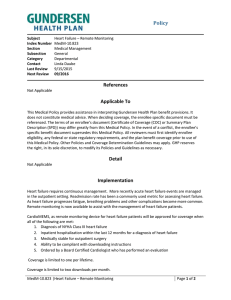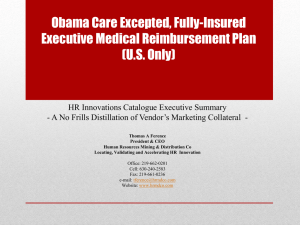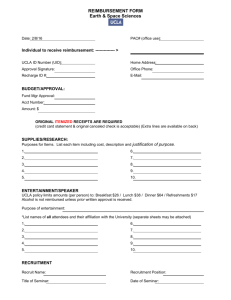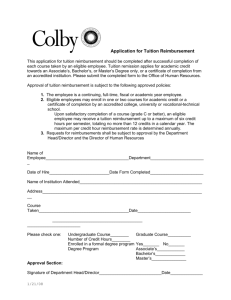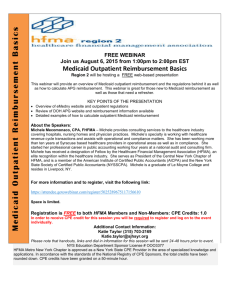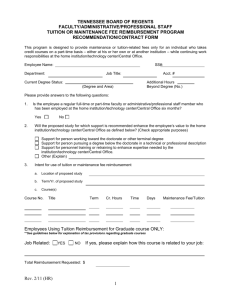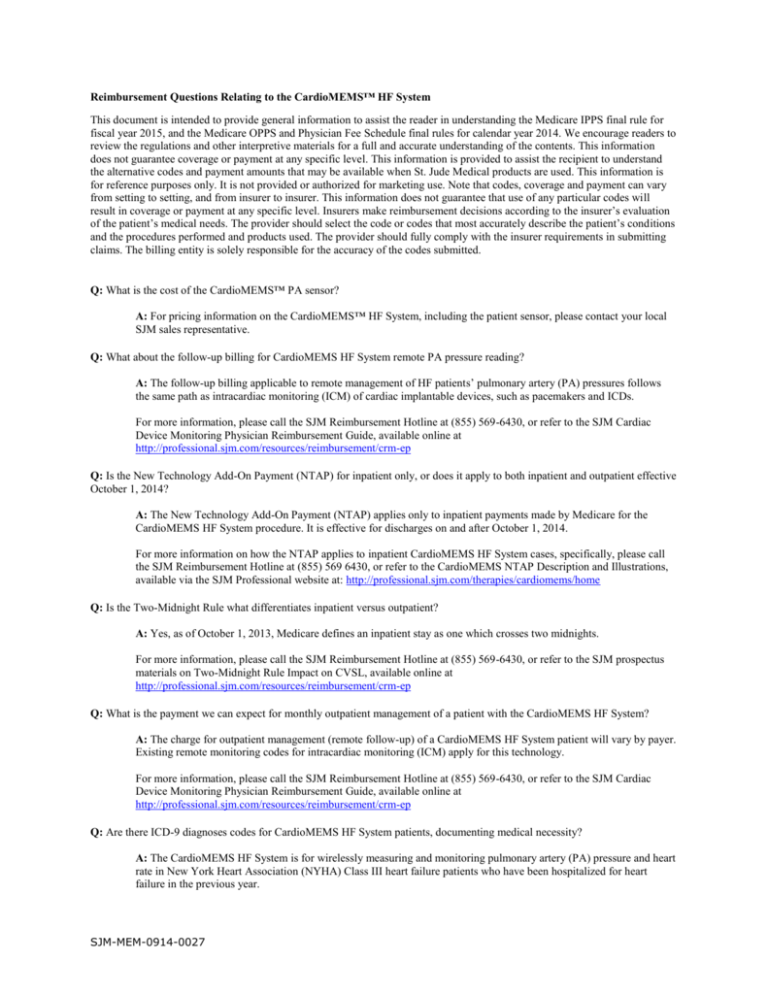
Reimbursement Questions Relating to the CardioMEMS™ HF System
This document is intended to provide general information to assist the reader in understanding the Medicare IPPS final rule for
fiscal year 2015, and the Medicare OPPS and Physician Fee Schedule final rules for calendar year 2014. We encourage readers to
review the regulations and other interpretive materials for a full and accurate understanding of the contents. This information
does not guarantee coverage or payment at any specific level. This information is provided to assist the recipient to understand
the alternative codes and payment amounts that may be available when St. Jude Medical products are used. This information is
for reference purposes only. It is not provided or authorized for marketing use. Note that codes, coverage and payment can vary
from setting to setting, and from insurer to insurer. This information does not guarantee that use of any particular codes will
result in coverage or payment at any specific level. Insurers make reimbursement decisions according to the insurer’s evaluation
of the patient’s medical needs. The provider should select the code or codes that most accurately describe the patient’s conditions
and the procedures performed and products used. The provider should fully comply with the insurer requirements in submitting
claims. The billing entity is solely responsible for the accuracy of the codes submitted.
Q: What is the cost of the CardioMEMS™ PA sensor?
A: For pricing information on the CardioMEMS™ HF System, including the patient sensor, please contact your local
SJM sales representative.
Q: What about the follow-up billing for CardioMEMS HF System remote PA pressure reading?
A: The follow-up billing applicable to remote management of HF patients’ pulmonary artery (PA) pressures follows
the same path as intracardiac monitoring (ICM) of cardiac implantable devices, such as pacemakers and ICDs.
For more information, please call the SJM Reimbursement Hotline at (855) 569-6430, or refer to the SJM Cardiac
Device Monitoring Physician Reimbursement Guide, available online at
http://professional.sjm.com/resources/reimbursement/crm-ep
Q: Is the New Technology Add-On Payment (NTAP) for inpatient only, or does it apply to both inpatient and outpatient effective
October 1, 2014?
A: The New Technology Add-On Payment (NTAP) applies only to inpatient payments made by Medicare for the
CardioMEMS HF System procedure. It is effective for discharges on and after October 1, 2014.
For more information on how the NTAP applies to inpatient CardioMEMS HF System cases, specifically, please call
the SJM Reimbursement Hotline at (855) 569 6430, or refer to the CardioMEMS NTAP Description and Illustrations,
available via the SJM Professional website at: http://professional.sjm.com/therapies/cardiomems/home
Q: Is the Two-Midnight Rule what differentiates inpatient versus outpatient?
A: Yes, as of October 1, 2013, Medicare defines an inpatient stay as one which crosses two midnights.
For more information, please call the SJM Reimbursement Hotline at (855) 569-6430, or refer to the SJM prospectus
materials on Two-Midnight Rule Impact on CVSL, available online at
http://professional.sjm.com/resources/reimbursement/crm-ep
Q: What is the payment we can expect for monthly outpatient management of a patient with the CardioMEMS HF System?
A: The charge for outpatient management (remote follow-up) of a CardioMEMS HF System patient will vary by payer.
Existing remote monitoring codes for intracardiac monitoring (ICM) apply for this technology.
For more information, please call the SJM Reimbursement Hotline at (855) 569-6430, or refer to the SJM Cardiac
Device Monitoring Physician Reimbursement Guide, available online at
http://professional.sjm.com/resources/reimbursement/crm-ep
Q: Are there ICD-9 diagnoses codes for CardioMEMS HF System patients, documenting medical necessity?
A: The CardioMEMS HF System is for wirelessly measuring and monitoring pulmonary artery (PA) pressure and heart
rate in New York Heart Association (NYHA) Class III heart failure patients who have been hospitalized for heart
failure in the previous year.
SJM-MEM-0914-0027
ICD-9 codes 428.x apply to heart failure patients, and should be reflective of the broader HF population, some of whom
may be indicated for the CardioMEMS HF System procedure.
Q: Does the HCPCS code C9741 take the place of all the CPT codes presently being used to describe the outpatient
CardioMEMS HF System procedure? Does a full diagnostic right heart catheterization need to be performed (and coded
separately)?
A: For outpatient procedures on and after October 1, 2014, only the HCPCS code C9741 is required for billing of the
CardioMEMS HF System implant event.
Physician billing still requires the appropriate CPT coding to be used – for more information, please call the SJM
Reimbursement Hotline at (855) 569-6430, or refer to the CardioMEMS Reimbursement Guide for further information,
available at: http://professional.sjm.com/professional/resources/reimbursement/crm-ep/cardiomems
Clinical and Process Questions Relating to the CardioMEMS™ HF System
Q: Can this process of managing to pressure be one that is managed by an Advanced Practice Nurse in a Heart Failure Clinic?
A: This process may be appropriate for Advanced Practice Nurses or specially trained RN's. Hospitals and clinics may
develop protocols to guide these non-physician providers as they deem appropriate.
Q: Does an outpatient CardioMEMS HF System case require an overnight hospital stay?
A: A patient's unique set of circumstances will dictate whether an overnight stay is required.
Q: For CardioMEMS HF System, what is the number needed to treat (NNT) compared to other types of treatments – meds,
devices, etc.?
A: The number needed to treat (NNT) for CardioMEMS HF System is 4 patients per year, as found in the CHAMPION
IDE clinical trial. For patients with preserved ejection fraction (HFpEF), the NNT is only 2. This compares favorably to
other therapies available to treat HF patients.
Q: What is the device infection rate of CardioMEMS HF System, at 30 days, at one-year?
A: During the randomized and open access period of the CHAMPION clinical study (mean follow-up of 26 months),
there were zero sensor infections and zero sensor failures.
Q: How do you control for patient body position when obtaining pressure measurement?
A: The antenna for interrogation is embedded in a pillow that the patient has to lie on in order to obtain
pressures. Therefore, the body position is the same for each reading. The patient electronics unit will also provide an
audible confirmation that a signal has been acquired.
Q: What is the potential impact of the CardioMEMS HF System in a capped or managed care environment??
A: By reducing cumulative HF admissions, the CardioMEMS HF System could support a Medicare population-based
approach to managing HF risk by reducing a hospital or ACO’s total population cost (particularly within a HF subpopulation); and in reducing a physician or group practice’s population rate for HF hospitalization, a quality domain
under the Value-Based Modifier program. In a managed care or “capped” payment environment, the savings generated
from reduced admissions among a HF population prone to hospitalization may exceed the costs of the implant event
itself.
SJM-MEM-0914-0027
Rx Only.
Brief Summary: Prior to using these devices, please review the Instructions for Use for a complete listing of indications,
contraindications, warnings, precautions, potential adverse events and directions for use.
Indications and Usage: The CardioMEMS HF System is indicated for wirelessly measuring and monitoring pulmonary artery
(PA) pressure and heart rate in New York Heart Association (NYHA) Class III heart failure patients who have been hospitalized
for heart failure in the previous year. The hemodynamic data are used by physicians for heart failure management and
with the goal of reducing heart failure hospitalizations.
Contraindications: The CardioMEMS™ HF System is contraindicated for patients with an inability to take dual antiplatelet or
anticoagulants for one month post implant.
Potential Adverse Events: Potential adverse events associated with the implantation procedure include, but are not limited to the
following: Infection, Arrhythmias, Bleeding, Hematoma, Thrombus, Myocardial infarction, Transient ischemic attack, Stroke,
Death, and Device embolization.
Refer to the User’s Manual for detailed indications, contraindications, warnings, precautions and potential adverse events.
Unless otherwise noted, ™ indicates that the name is a trademark of, or licensed to, St. Jude Medical or one of its subsidiaries.
ST. JUDE MEDICAL and the nine-squares symbol are trademarks and service marks of St. Jude Medical, Inc. and its related
companies. ©2014 St. Jude Medical, Inc. All Rights Reserved.
SJM-MEM-0914-0027

